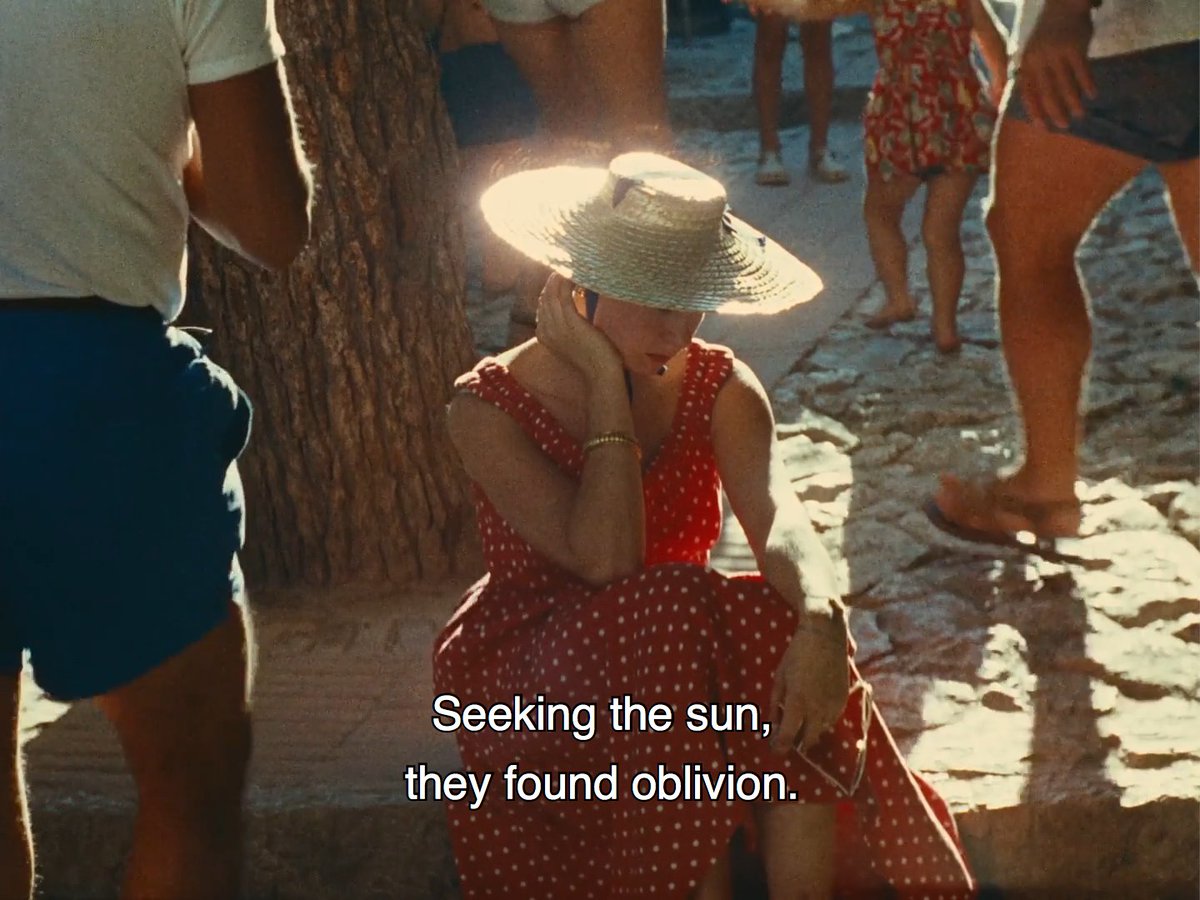
AGNES VARDA'S GARDENS
MQ Hof 8
MQ Arena 21
Free Entry
DU CÔTÉ DE LA CÔTE (Along the Coast)
FR 1958 | D: Agnes Varda | Short Film | 25 min. | OF with English subtitles
Director | Screenplay: Agnès Varda
With: Roger Coggio, Anne Olivier, Jacopo Nizi
Cinematography: Quinto Albicocco, Raymond Castel
Editing: Jasmine Chasney, Henri Colpi
Music: Georges Delereu
Producers: Anatole Dauman, Philippe Lifchitz
What begins as a Mediterranean travel film along the Coté d'Azur, commissioned by the French tourist office, develops into an increasingly subversive reflection on the idea of the holiday destination as a "Garden of Eden". From sunbathers, beaches, pine forests, hotels and their gardens, Varda assembles the coastal landscapes into a spectacle in which artificiality and exclusivity merge. As the holiday season comes to an end, the gates close, especially for seasonal tourists: from the "Hotel Eden", the "Eden" restaurant, the "Eden" lido and the private "Eden" villa.
"Paradise was a beach and a pinecone. But Nostalgia for Eden is a garden. A transplanted garden." (Agnes Varda)
